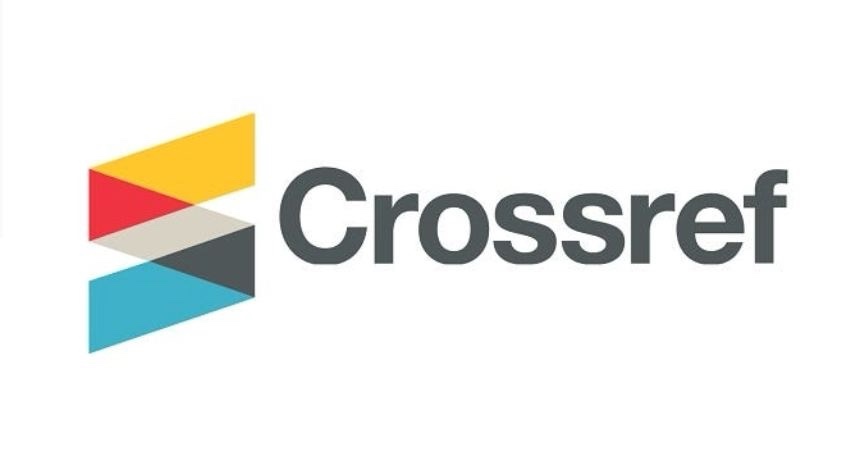Dependence Severity, Locus of Control, and Readiness to Change in Male Alcoholic Clients: A Correlational Study
DOI:
https://doi.org/10.58897/injns.v35i2.553Keywords:
dependence severity, locus of control, readiness to changeAbstract
Objectives: To assess the level of dependence severity, locus of control, and readiness to change in male alcohol clients and measure the correlation between dependence with a locus of control and readiness to change.
Methodology: A descriptive correlational design was conducted in the substance use rehabilitation centers at psychiatric teaching hospitals in Baghdad city from November /2021 to May 2022. The instrument of the study was designed by using sociodemographic, the clinical characteristics of the client, the Short-form Alcohol Dependence Data Questionnaire (SADD), Drinking Related Internal-External Locus of Control Scale: (DRIE), and the Stages of Change Readiness and Treatment Eagerness Scale (SOCRATES). The data was collected through the use of a semi-structured form and analyzed by Social Package for Statistical Sciences SPSS version 26.0
Results: The study showed a highly significant difference in dependence severity with an internal and external locus of control at p-value= .001, a significant reverse relationship between readiness to change among clients with regard to the duration of alcohol use at p-value= .008, and amount of alcohol use per day at p-value=.009. A significant relationship between readiness to change and clients’ level of education, and age of alcoholic clients’ is significant at p-value= .005.and significant relationship between locus of control and monthly income.
Conclusions: Alcoholic male clients have a moderate dependence severity of alcohol and moderate external locus of control, low internal locus of control, and high readiness to change.
Recommendations: Further research should be conducted on AUD, activating the media’s role to increase community awareness about the harmful effects of alcohol and the possible treatment methods.















